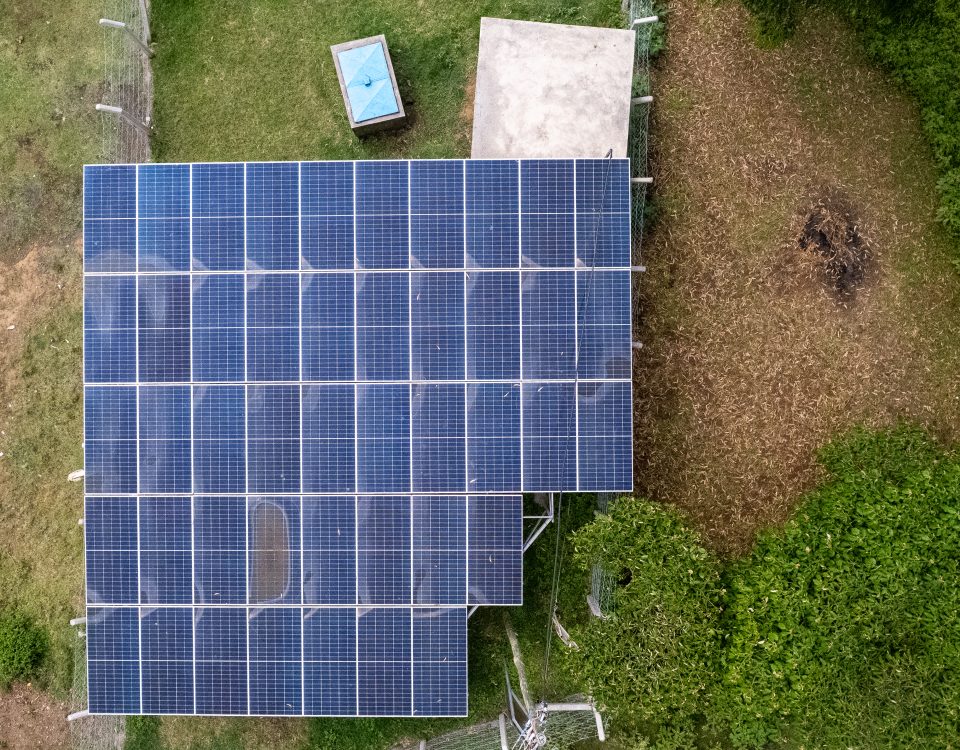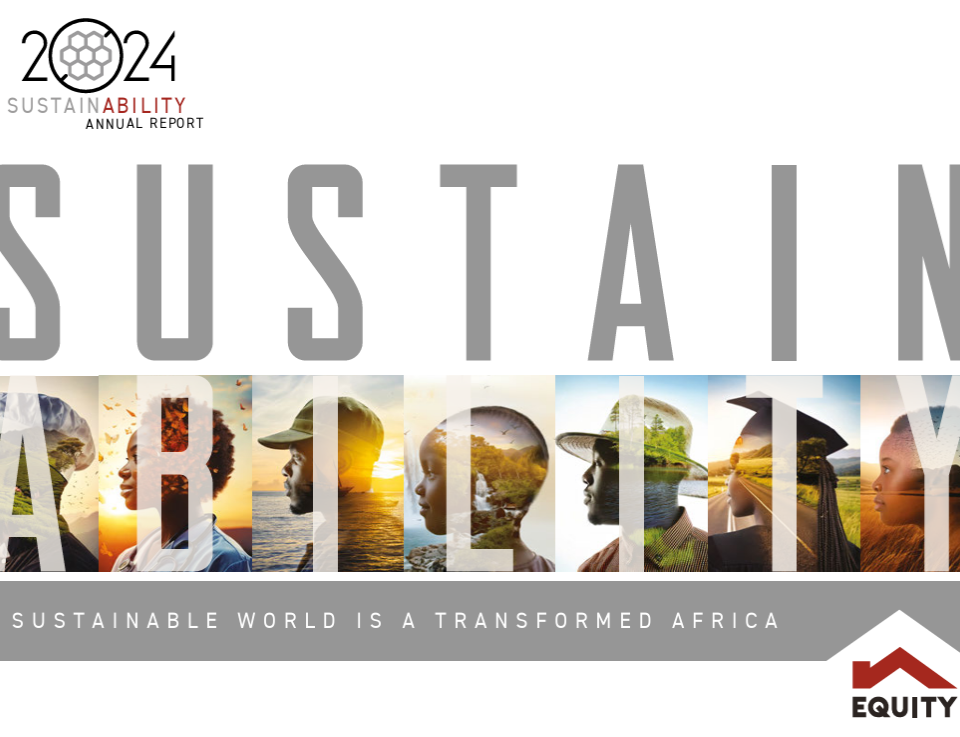Africa Leads The Way In Greener Innovations

Unfiltered Thoughts from the Lukanga Expedition
30th July 2024
Just Thoughts on COP29 (as a Non – Delegate)
20th November 2024As global attention turns to the 2024 United Nations conferences on climate, biodiversity, and desertification, Africa is becoming a leader in ecosystem restoration, biodiversity conservation, and sustainable development.
The GLF Africa 2024 Hybrid Conference, held in Nairobi and online, gathered thousands of participants—from local communities and Indigenous groups to scientists and private-sector innovators—under the theme “Greening the African Horizon.” This event showcased the continent’s potential to create a resilient, equitable future through innovative approaches to landscape management.



Éliane Ubalijoro, CEO of the Center for International Forestry Research and World Agroforestry (CIFOR-ICRAF), emphasized Africa’s strengths: “Together, we can green Africa and beyond—securing livelihoods, food security, climate resilience, and biodiversity conservation. Africa is rich with local and Indigenous knowledge, innovative solutions, youth leaders, brilliant minds, and emerging technologies.”
Showcasing African Innovation
A highlight of the conference was the introduction of a framework developed by the FAO under the FOLUR Impact Program, designed to accelerate sustainable production and restore ecosystems. This framework, currently being piloted in Kenya, India, and other countries, brings together experts and landscape actors to explore how sustainable farming practices can relieve pressure on forests while supporting smallholder farmers.
Additionally, the GLF announced the creation of an AI hub to foster community-driven, landscape-based solutions. According to Catherine Nakalembe, Africa Program Director at NASA Harvest, “We need data that’s relevant to Africa’s specific contexts. For example, we need models that understand small-scale intercropping in regions like western Kenya.”
Strengthening Tree Planting Systems
One critical step in landscape restoration is tree planting. Yet, challenges like inadequate technical capacity and stakeholder coordination hinder the development of effective tree seed and seedling systems. The Transformative Partnership Platform aims to tackle these challenges by focusing on community engagement and the promotion of demand-driven native species.
Youth Leading the Future

Africa’s young population—70% of whom are under 35—holds the key to its future. Youth leadership was a major theme throughout the conference, with Simangele Msweli of the African Wildlife Foundation calling for a “whole-of-society” approach to tackle the biodiversity and climate crises.
Felicity Asiibi Akwa and Taiye Owo, writers and activists, summed it up during a spoken-word performance: “Africa is a land of opportunity, culture, and potential. We can only say we’ve succeeded when the least among us is heard and included.”
Deborah Oyugi from the Youth Initiative for Land in Africa added, “There’s a need to decolonize climate justice. Africa must lead with its own solutions, and women must be involved in addressing the land issues they face.”
This conference demonstrated that Africa is not only facing the challenges of climate change head-on but is also innovating solutions that can guide global action.




